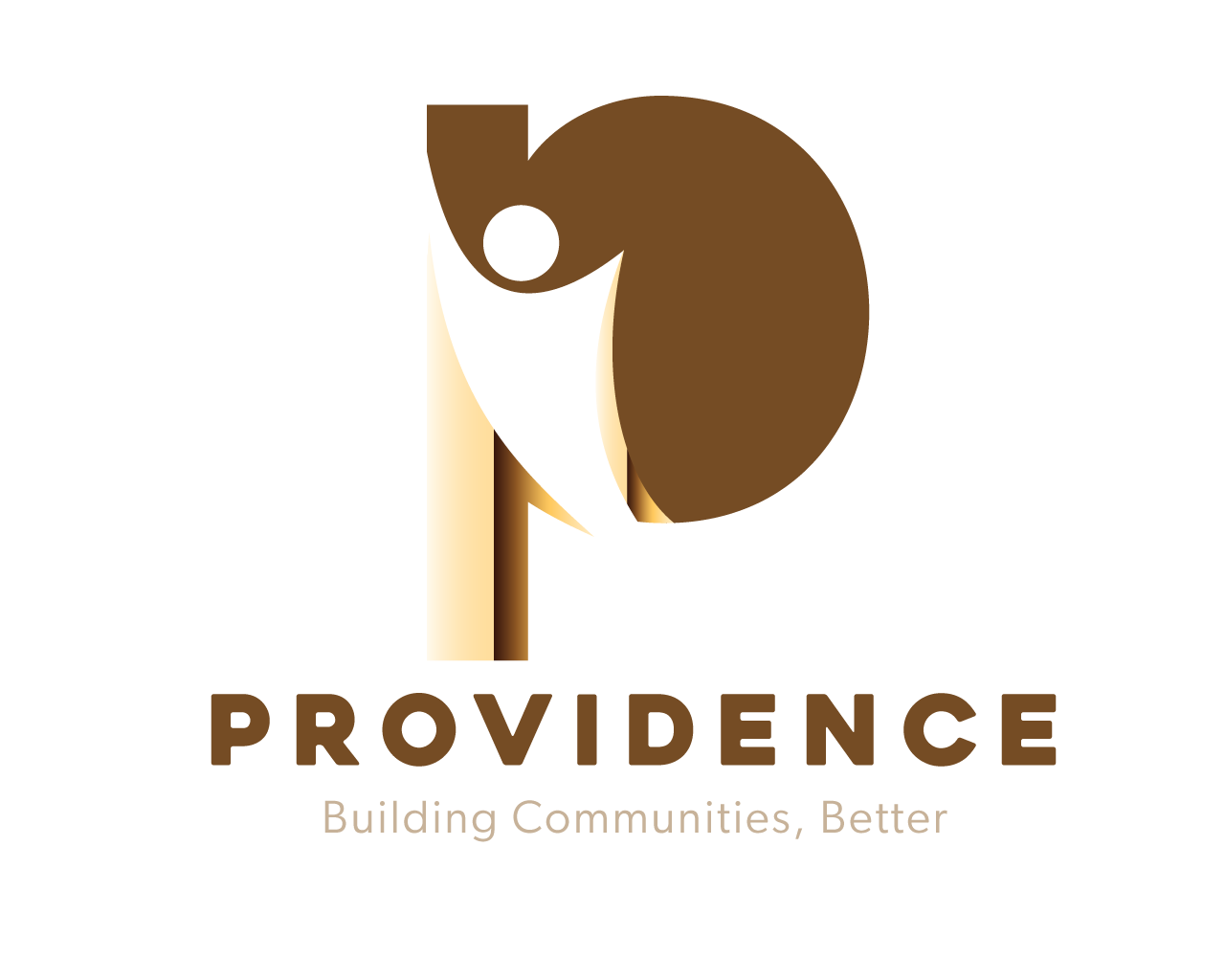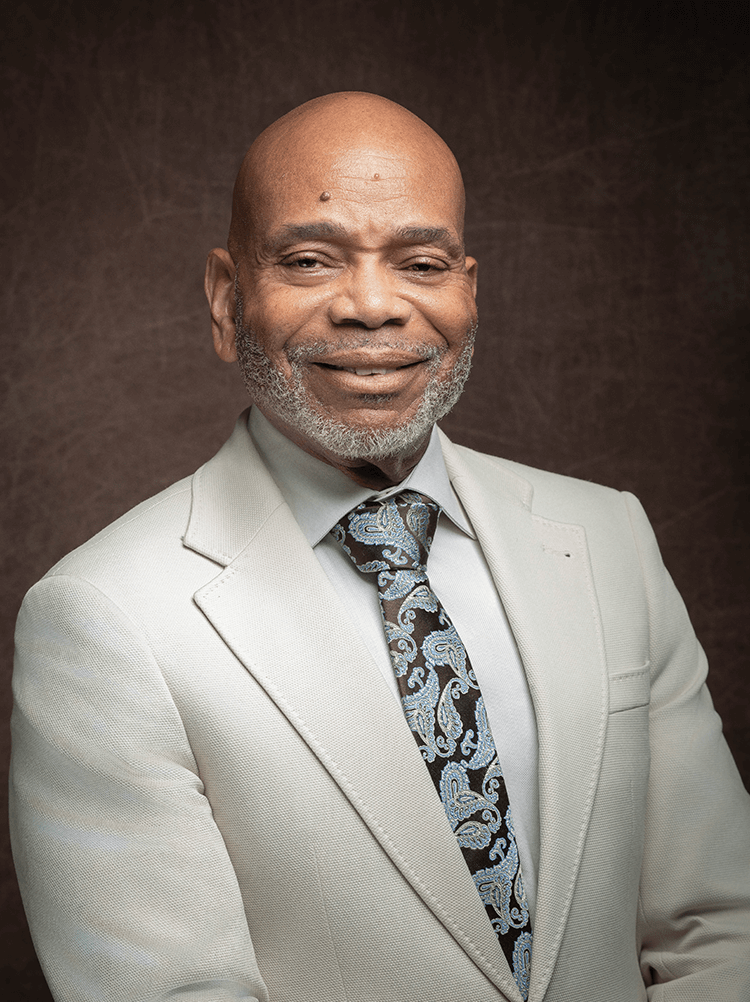By Dexter R. Hall, Interim Executive Director, Providence Foundation of San Francisco
At Providence Foundation, we don’t just serve, we listen, we learn, and we redesign. Our work is rooted in the belief that systems must adapt to people, not the other way around. That belief starts with language.
Because language isn’t neutral. It shapes perception, policy, and power. And when it comes to underserved families navigating housing instability, youth facing systemic neglect, elders aging without support, language can either restore dignity or reinforce harm.
Too often, we hear terms like “at-risk,” “vulnerable,” or “low-income” tossed around by media outlets, politicians, and even well-meaning community members. These words flatten complexity. They imply deficiency. They frame people by what they lack, not by what they carry.
But I’ve seen what our families carry.
I’ve seen mothers stretch $50 across two weeks with grace and strategy. I’ve seen youth lead environmental justice projects while navigating housing insecurity. I’ve seen seniors build community from scratch after displacement. These are not “at-risk” stories. These are stories of resilience, brilliance, and power.
When the media uses deficit-based language, it distorts public understanding. When politicians echo it, it shapes policy that manages poverty instead of ending it. And when nonprofits adopt it, even unintentionally, we risk reinforcing the very systems we’re trying to dismantle.
So, what can we do?
At Providence, we’ve committed to “Dignity-First Language”. We speak of “guests,” not “clients.” We talk about “returning to community,” not “exiting homelessness.” We describe our work as “healing-centered,” not “service delivery.” These shifts aren’t cosmetic, they’re cultural. They remind us that every person we serve is The Expert on their own life.
We also train our staff to listen for language cues. When a youth says, “I feel invisible,” we don’t rush to fix, we reflect, we validate, and we ask what visibility looks like for them. When a landlord expresses fear about renting to someone with an eviction history, we don’t shame, we educate, we build trust, and we show up.
Nonprofits must also advocate for language equity in public systems. That means pushing funders, city agencies, and media partners to adopt person-centered terminology. It means co-writing narratives with the people we serve. It means refusing to let language become another barrier to belonging.
Because language is infrastructure. It’s the foundation of how we build trust, shape policy, and design programs. And if we want systems that heal, we must start with words that honor.
As James Baldwin said, “Not everything that is faced can be changed, but nothing can be changed until it is faced.” Let’s face the language. Let’s change it. And let’s build a world where every word reflects the dignity, we all deserve!


